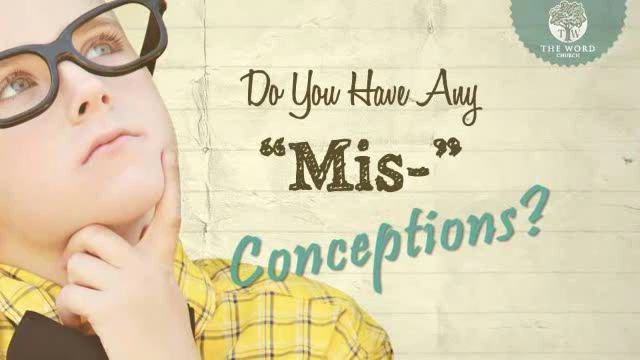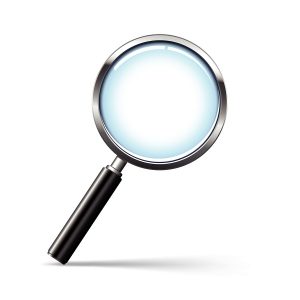Who Rules Your House?
Our Mind Is Like A House …
Unwanted thoughts are like unwanted free-loaders living in our house. How did they get in to our mind? When did they come in? Where did they come from? What are we going to do about them? As long as those intruding thoughts are in charge, we can’t enjoy the privacy of our home (they are always intruding and telling us what to feel or do); we can’t enjoy the peace and quiet (they are always yapping, nagging, whining, complaining); and we find it hard to invite in guests (thoughts we like) that we really want to spend time with.
But our mind is OUR house and we CAN begin to take charge of it! We can learn to say “NO” when those intruding thoughts come to the door. For the intruders already in our mind, we can start starving them out. They get weak when they don’t get fed (meaning get their own way). Show them that they are not the boss. We are not going to let them rule our life, our feelings, our actions. The more the intruders get their way, the stronger they become and the harder it is to stop them. Intruding thoughts are tricky, but we can learn their tricks and out-smart them.
We can start taking charge of our mind by separating the thoughts we want from the thoughts we don’t want. That is called discernment. We can make a list: a “guest list” for the life-promoting thoughts and an “intruder list” for the thoughts that rob us of our life, our energy, our time. Then, as situations arise, we begin to substitute the guests for the intruders. That means deciding we are NOT going to agree with the intruder, we are going to resist him by agreeing with a guest. Writing our thoughts and feelings down is a powerful tool in this process. The intruders hate it.
As with any skill, practice is a necessity. The more we practice our discernment and choose to think life-promoting thoughts, the happier and healthier we can become. The intruders make us do, think, and feel things we don’t really like. Don’t agree with them. We can talk back in our mind to them and let them know we are not their slave. It is not a game, it can be as important as life and death.
Learning to discern thoughts and effectively fight against them is a precious gift. We may want to make this training a priority and search out people who can teach us more in this area. This skill will not only help us mentally, but also physically, emotionally, in our relationships and spiritually.
What is Discernment?
Discernment is the ability to distinguish between “good” thoughts and “bad” ones. The dictionary definition of discern is
“To see, to understand, to detect, to identify as separate and distinct, to discriminate; a power to see what is not evident to the average mind; emphasizes accuracy, as in reading character, motives, etc.”
— Webster’s Dictionary
Discernment Notebook
We will find it helpful to start a Discernment Notebook or journal, similar to a diary. In this notebook we can keep track of when and why “we” go through the motions of doing things WE don’t want to do … and what keeps “us” from doing the things that WE want to do.
We can only be conscious of one thought at a time. To capture a thought and learn a pattern of thoughts, we must keep notes like a doctor or a detective. We can look for the “cobwebs” of our stress—how one reaction leads to another which leads to another until we are caught in a whole cobweb of thoughts, emotions, and behaviors. As we discern our “cobwebs”, we can begin to loosen their connections. Simultaneously, we can explore ways to strengthen our “network” of healthy, life-promoting thoughts, feelings, and behaviors.
A discernment notebook by itself is not magic. We will also need the help of others who more fully understand the discernment process. They know what we are going through and can give us a hand to grab hold of as we climb. We can’t do it alone!
This is the most difficult job we will ever accept. The consequences are clear: chronic confusion and stress leads to injury, illness, and death. Honest discernment leads to a healthy life full of happiness, peace, love, and assurance. The choices are ours.
Related Posts









